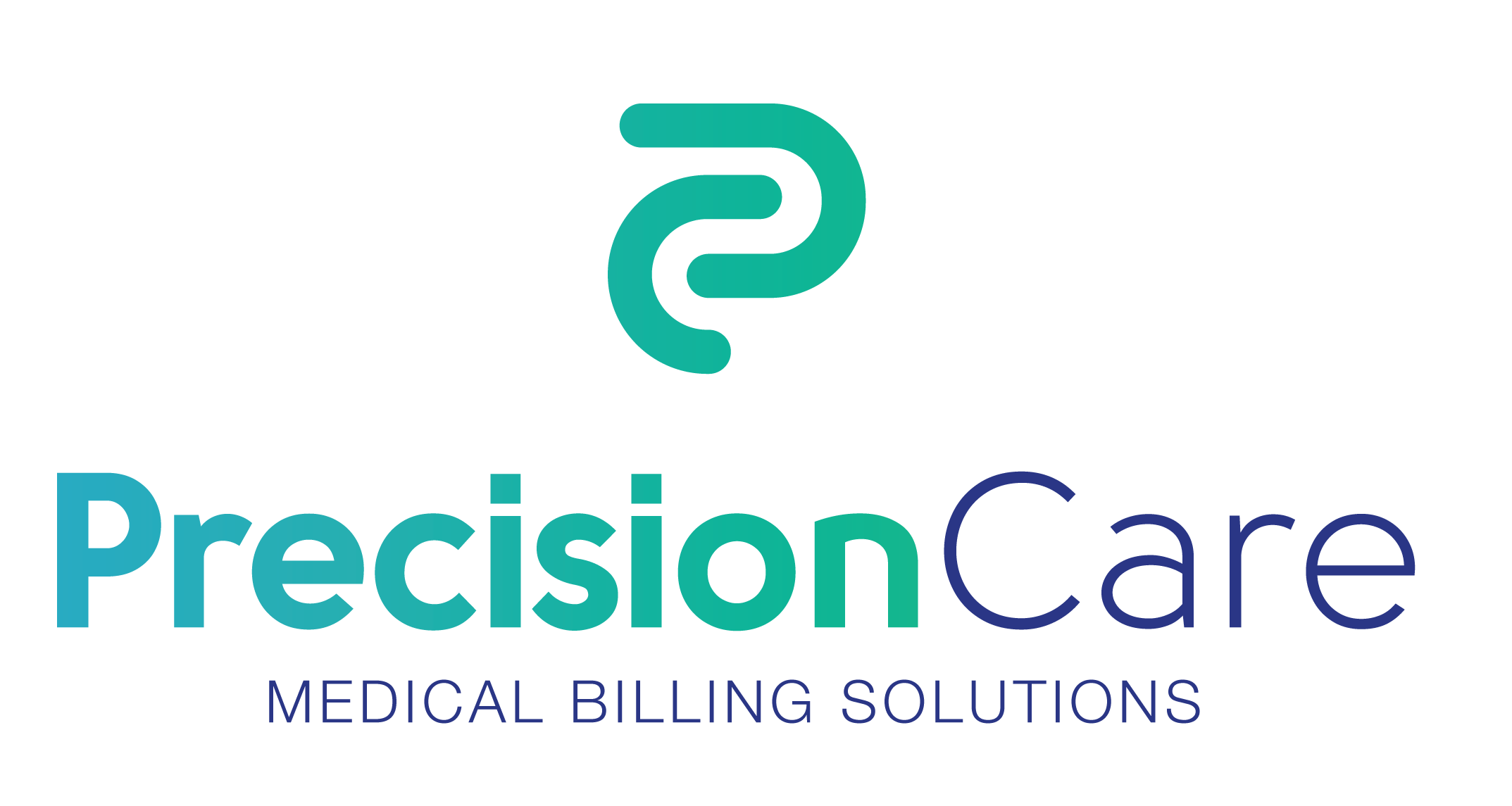When it comes to medical billing, insurance plays a crucial role in determining the outcome for patients and healthcare providers alike. Understanding the impact of insurance on medical billing is vital for ensuring that patients receive the care they need while healthcare providers are reimbursed appropriately for their services. One field where this is particularly important is in orthopedic medical billing.
Orthopedic medical billing refers to the process of billing and coding for services provided by orthopedic surgeons, who specialize in treating musculoskeletal conditions such as fractures, joint replacements, and sports injuries. These procedures can be complex, costly, and often require ongoing care, making insurance coverage essential for patients seeking orthopedic treatment.
One of the key ways that insurance impacts orthopedic medical billing is through the pre-authorization process. Before a patient can undergo certain orthopedic procedures, such as surgery or physical therapy, their insurance provider must approve the treatment. This involves submitting detailed information about the patient’s condition, proposed treatment plan, and estimated costs to the insurance company for review.
If the insurance company approves the pre-authorization request, the patient can proceed with the treatment knowing that their insurance will cover at least part of the cost. However, if the request is denied, the patient and healthcare provider may have to appeal the decision or explore alternative treatment options that are covered by the insurance plan.
Insurance also impacts orthopedic medical billing through the process of claims submission and reimbursement. After a patient receives orthopedic treatment, the healthcare provider submits a claim to the insurance company for payment. This claim includes information about the services provided, the cost of those services, and any applicable codes for billing purposes.
Once the claim is submitted, the insurance company reviews it for accuracy and completeness before issuing payment to the healthcare provider. This process can be time-consuming and complex, as insurance companies may request additional documentation or clarification before processing the claim. In some cases, claims may be denied or underpaid, requiring the healthcare provider to appeal the decision or resubmit the claim with additional information.
Ultimately, understanding the impact of insurance on orthopedic medical billing is essential for healthcare providers, patients, and insurance companies alike. By navigating the complexities of insurance coverage, pre-authorization, claims submission, and reimbursement, orthopedic practices can ensure that patients receive the care they need while also being fairly compensated for their services. In this way, insurance plays a critical role in the financial health and well-being of both patients and healthcare providers in the field of orthopedic medicine.
——————-
Check out more on opthopedic medical billing contact us anytime:
PrecisionCare Medical Billing Solutions
https://www.precisioncaremedicalbilling.com/
Bothell, United States
Empowering Medical Practices with Billing Confidence.
Unlock the potential for increased revenue and streamlined billing processes with Precision Care Medical Billing. Say goodbye to headaches and hello to optimized billing solutions. Explore our services today at precisioncaremedicalbilling.com.
Precise Medical Billing Solutions:
Revenue Cycle Mgmt (RCM), Claim Denial Management, Soft Medical Collection. Accurate Claim Coding
